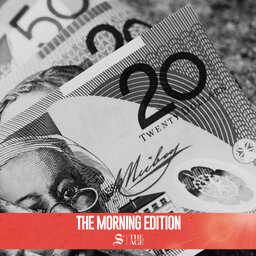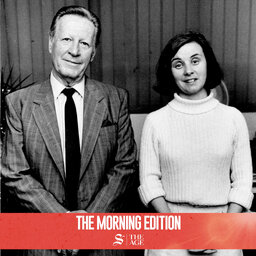Rupert Murdoch’s power play and the Succession plot that hit close to home
Rupert Murdoch’s plan to alter the family trust and cement his eldest son Lachlan as the dominant force in the global media empire has failed after a ruling in Nevada. Murdoch’s representatives say they intend to appeal the decision, delivered after months of secretive court hearings and described by some as ‘unparalleled’ in the family’s turbulent history.
Today, media reporter Calum Jaspan on previously unheard testimony from inside the courtroom, including plans reportedly inspired by the hit TV show Succession. And whether Murdoch’s bid for control beyond the grave has had the opposite effect than intended: further galvanising his children James, Elisabeth and Prudence against Lachlan.
In 2 playlist(s)
The Morning Edition
The Morning Edition brings you the story behind the story with the best journalists in Australia. Jo…Social links
Follow podcast
Recent clips

‘Numbers, numbers everywhere’: Interest rate rise likely, but what does it all mean?
16:06

Beyond the Alex Pretti video: On the ground in Minneapolis
21:18

Ken Dyers' Kenja: The cult still operating in Australia
20:46
 The Morning Edition
The Morning Edition
